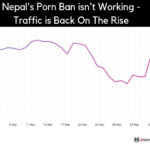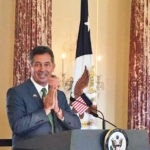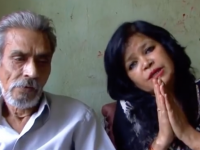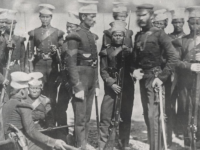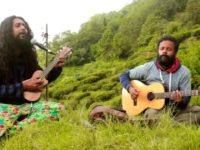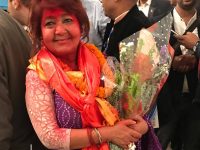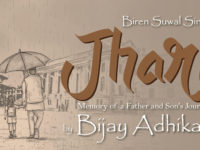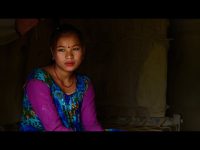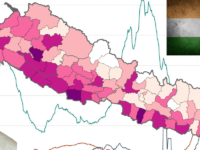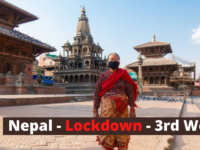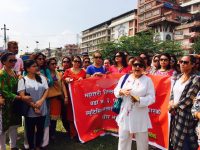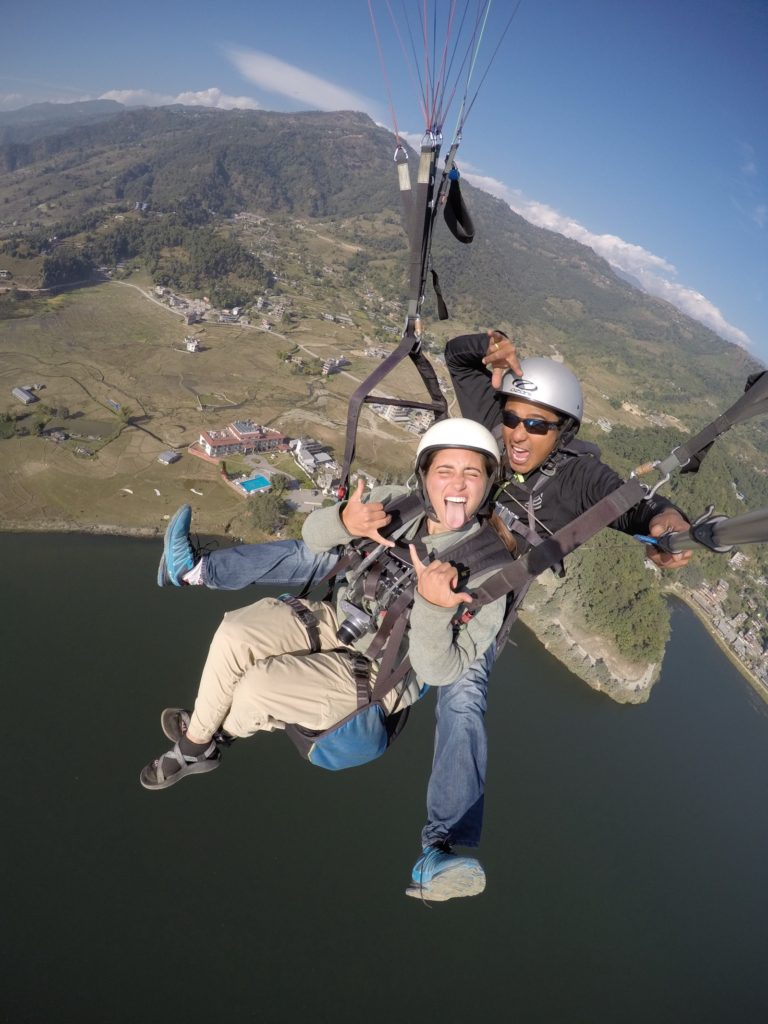By Kendall Marianacci,
At 19 years old, I dropped out of college and moved to Nepal without any contact to home. Well, first things first, I think it’s safe to say I’m out of my mind.
A young girl moving to a third world country with no technology, contact to home, knowledge of the language, or understanding of the customs. I had no idea what I was getting myself into.
The situation that led to this decision was simple… college. For me, college was an experience of sameness. I became overwhelmed with privilege and societal expectations that I needed to see who I was when I was stripped of everything that made me, me. Hence, Nepal. The experience changed my entire outlook on life and still continues to impact the way that I live.
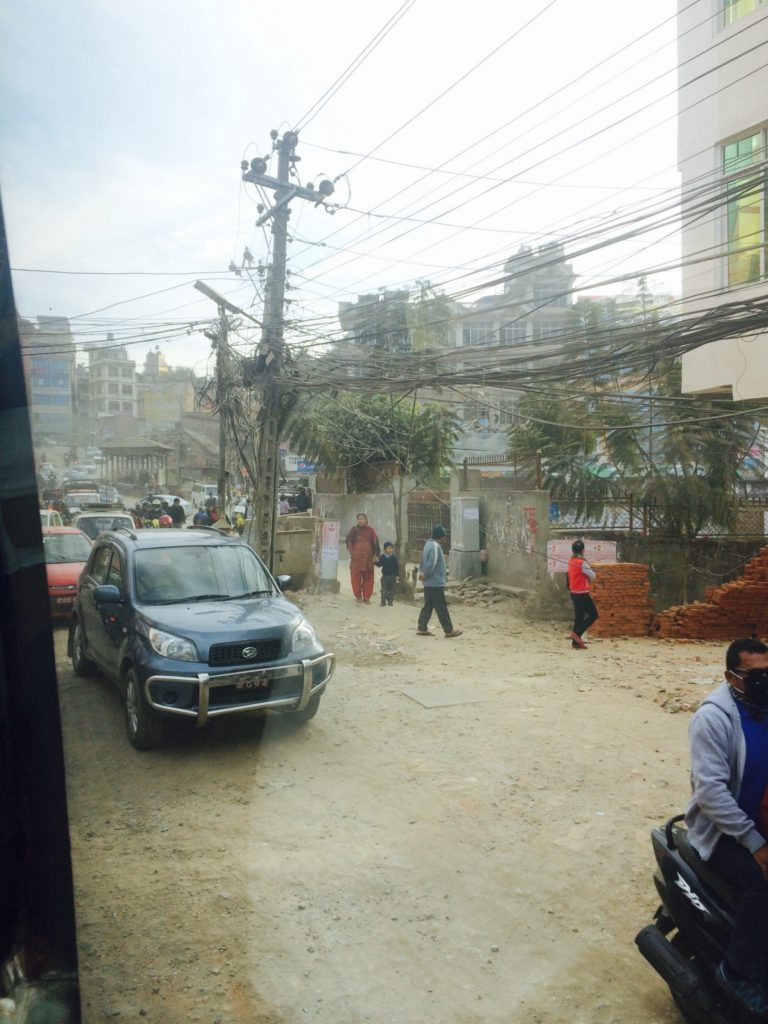
I knew nothing about it and I never thought of visiting Nepal. One day I just went online and something about the Himalayas popped up and I just felt in my heart I needed to be there and I followed my heart there and it ended up changing my life.
Culture shock can be an instigator of change
When I arrived in Nepal late one night, I sat in van going to my hotel looked out the window and literally said, “What did I get myself into?” The streets were lined with power lines, it was pitch black, and all I could hear were the barks of stray dogs. Prior to this moment, I was so excited for this adventure. For the first time, I became nervous and scared about the decision.
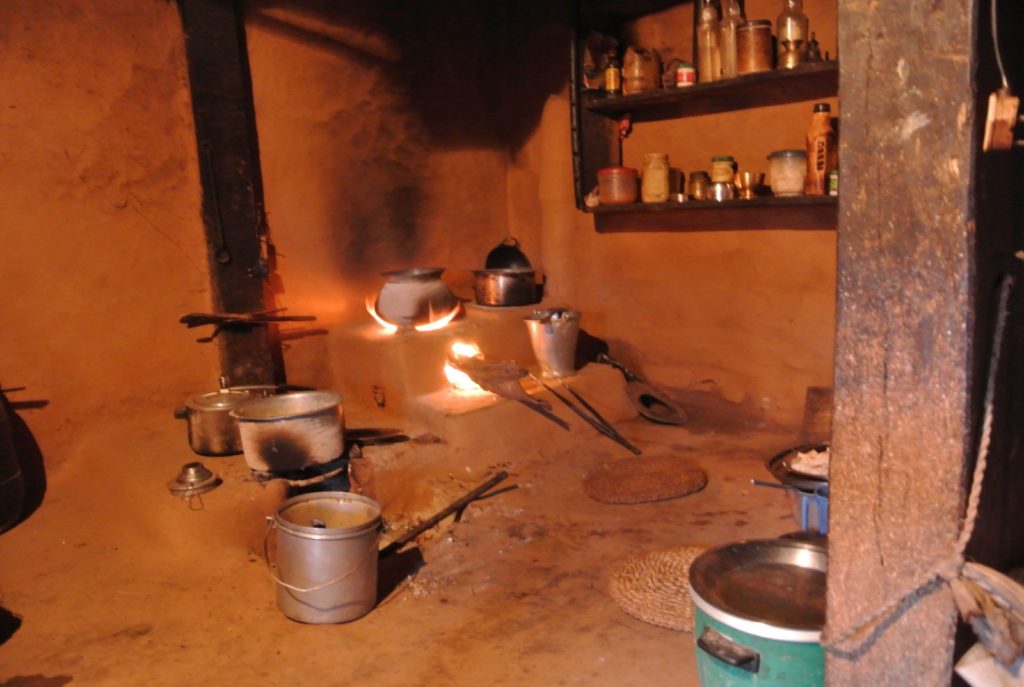
I woke up the next morning to realize that everything in this country was different. I literally had to learn how to eat, bathe, and use the toilet differently. I had always had a fork and a knife available to me in the USA, I had no idea how to eat with my hands. It seems simple, but honestly next time you’re eating rice and beans that are piping hot, you tell me how you eat it with your hands. There’s a whole thumb action that is not intuitive that is essential to eating Dal Bhat. Not to mention, this was all I was eating! For the first time in my life, eating was no longer pleasurable it was a daunting task that was purely necessity to keep me alive.
Taking a shower? I’m used to using warm showers for however long and whenever I want. In Nepal, I was taking bucket showers, freezing cold water showers, or using public bathing taps. Showers became rare and a tedious task.
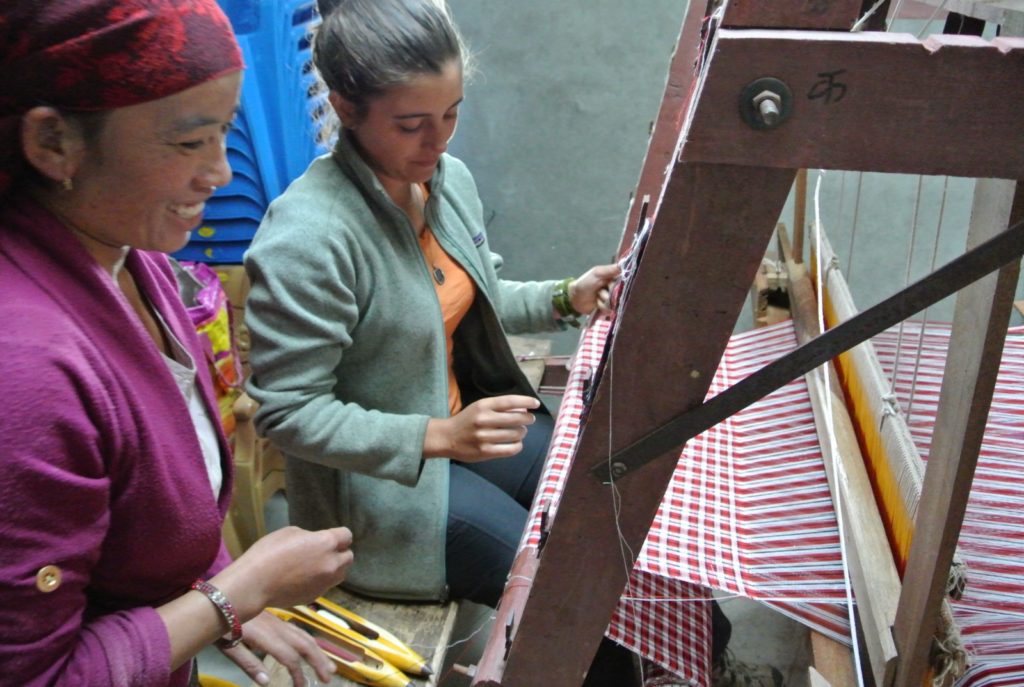
Using the toilet? I’ll spare you the dirty details. But what I will tell you is that in Nepal, the toilet is a hole in the ground and there’s no such thing as toilet paper. I had to learn how to wipe my ass with a pale of water and my left hand.
While having to relearn basic things seemed miles outside my comfort zone. The experience taught me about how differently the world operates. Not having my phone gave me no safety net. I couldn’t retreat to the online world of Facebook and Instagram to give me familiarity. I had to fully immerse into this world that was obscenely different from my New York, suburban lifestyle.
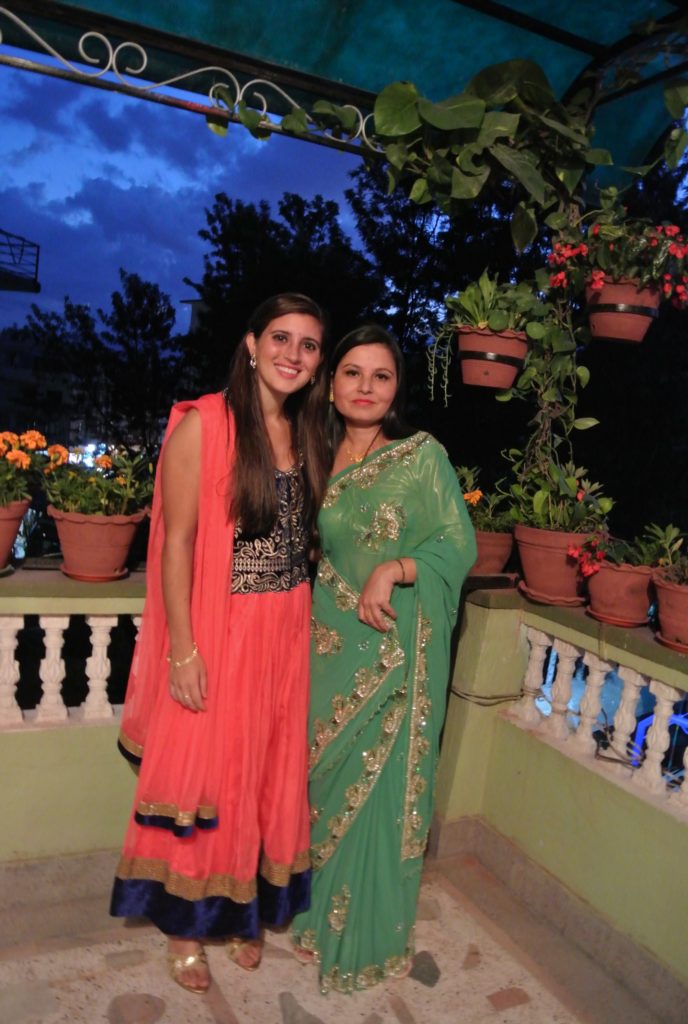
It was embarrassing and hard to have to ask people for help teaching me how to blend into this foreign land. However, despite how uncomfortable it was it pushed me to have to expand my horizons and push the boundaries of who I was. It encouraged me to explore different sides of myself which instigated me to think about my own traditions.
Suddenly, I was questioning the way that I was cultured to think about things. Nepal had radically different views on fashion, body-image, religion, and priorities. The culture shock allowed me to normalize differences and truly experience them and adopt them into my perception and self-identity.
It wasn’t until I returned home to New York that I realized how much I had changed. I became quieter because the Nepali people believed in mindful communication. They didn’t just speak to fill empty air. They spoke with intent and purpose. I learned to listen and respond in a meaningful manner rather than just waiting to say my piece.
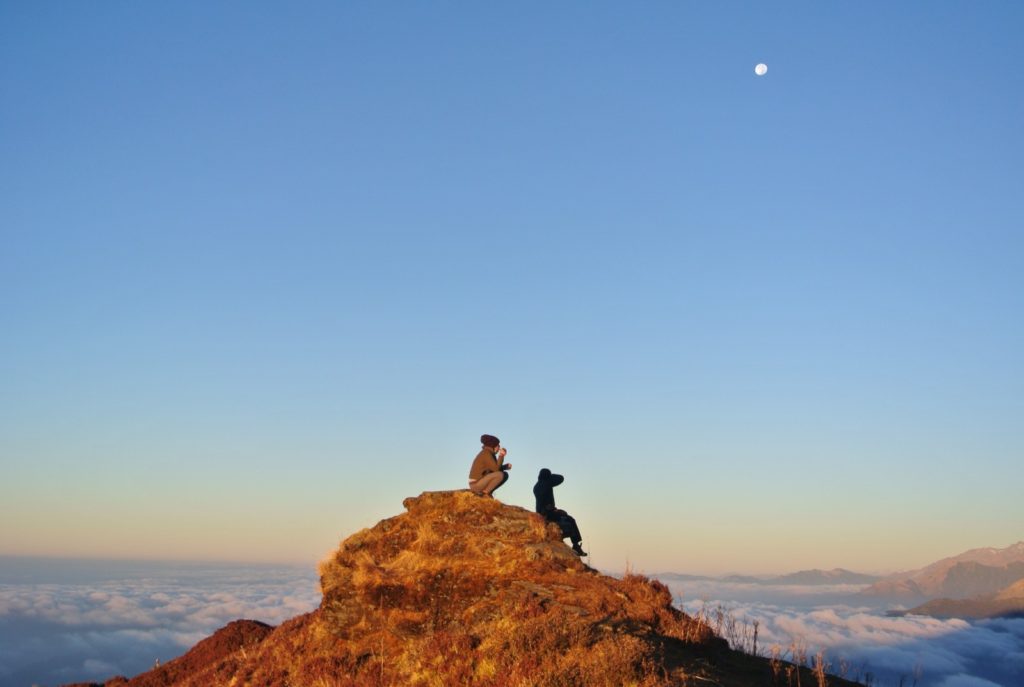
Nepal also pushed me to be thankful and appreciative of literally everything. This wasn’t because I was neglected luxury while I was there like many think. It’s because the Nepali people saw beyond a two dimensional image of things. They didn’t see food as something you eat. They saw food as a gift. They looked at each other and didn’t see just another person. Their greeting “namaste” literally means, “The divine in me recognizes the divine in you.” Nepal taught me to compassionately recognize the gift that is every second of our lives.
Paying attention to the life in front of you opens a new world.
Not having any distractions of a phone and being immersed in this different world, I had to pay more attention to my surroundings. I took walks every day just to explore. I went out of my way to meet knew people and ask them questions about their lives. When this became the norm, I realized I was living for one of the first times of my life. I was not in my own head distracted by where I was going and what I needed to do. I was just being. I was present and welcoming to the moment. I was compassionate and throwing myself into life with whoever was around me.
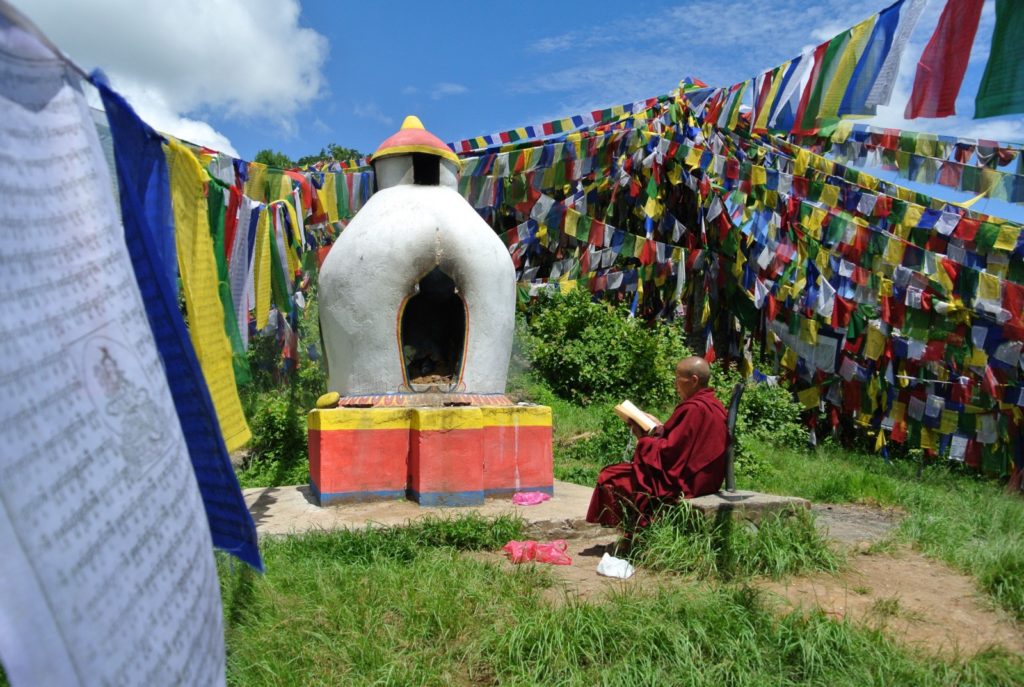
I would look up in the sky often and recognize the beautiful blue and white swirls in a way I never looked at it in the USA. I danced in the streets with strangers or helped women weave baskets on the side of the road. Life isn’t just about us. It’s seeing beyond. It’s not just looking and observing at our surroundings, but letting our curiosity take us to be a part of something bigger than what we know. It’s stepping outside of our comfort zone and being with those who we know nothing about.
Living in Nepal wasn’t hard. Almost everyone I talk to about it says, “You didn’t have a phone or even a real bed? Sounds horrible.” It was the best few months of my life because it was no distraction, no luxury, or fluff. It was a simple, authentic life that put an emphasis on the human experience. There was no distraction from what the purpose of life is.
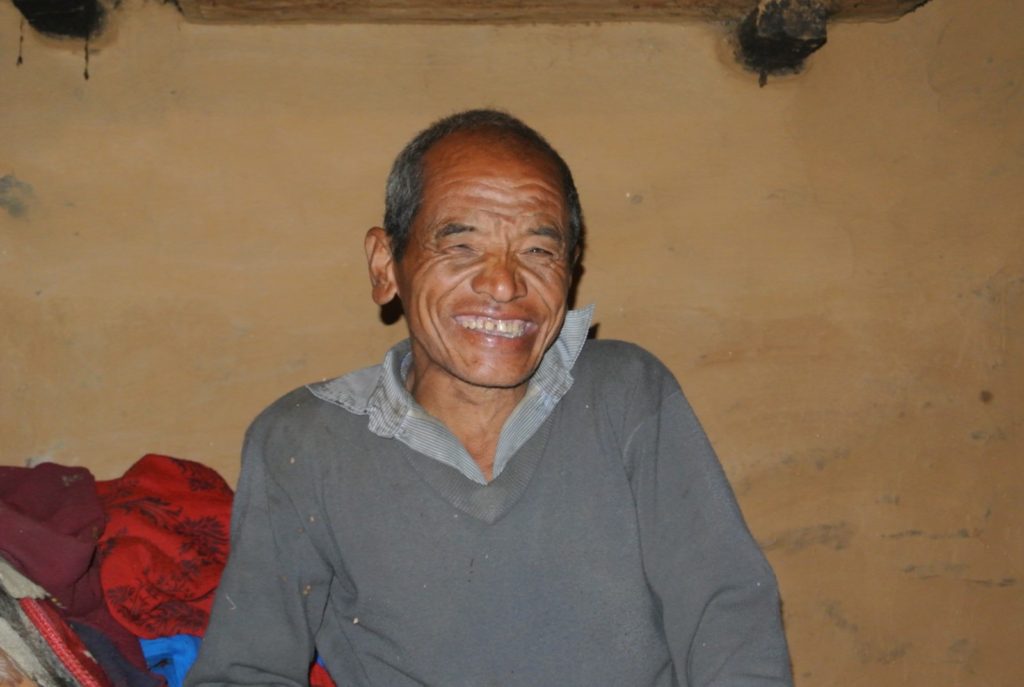
Life isn’t about going to work every day. Nor is about achieving happiness or comfort. Life is about connection. It’s about standing on the ground and feeling the earth beneath our feet. It’s about looking up at the sky and noticing it’s beauty. It’s looking into someone’s eyes and recognizing that there is a whole life that brought this person to meet your glance. It’s about letting go of what’s familiar and jumping into the present moment with a whole heart and quest for further understanding of what it means to be alive.
When I ditched my phone and moved to Nepal, it changed my life. It taught me that all I have is this second. The only way to truly live is to be present in the moment with those around us. Life is too short to not eat with your fingers, dance with strangers, and fall in love with the sky. The only way to truly live is to step outside of our comfort zone, listen to our curiosity, and say, “Hi, can I sit with you?”
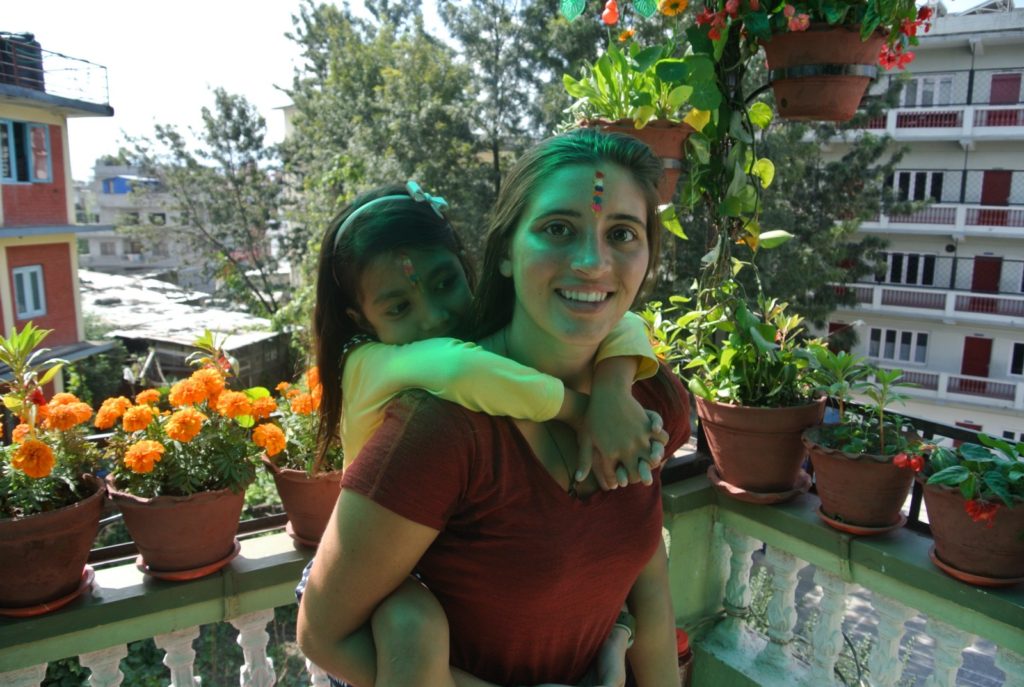
This article is written by Kendall Marianacci who travelled to Nepal in 2014 for 4 months. Kendall is a founder of a mobile app called enJoinIt from New York City, who’s experience in Nepal inspired her work with the app and how she lives her life.
Please connect with us if you are interested in submitting your article/opinions via nepalisite.com/contact or via Facebook


